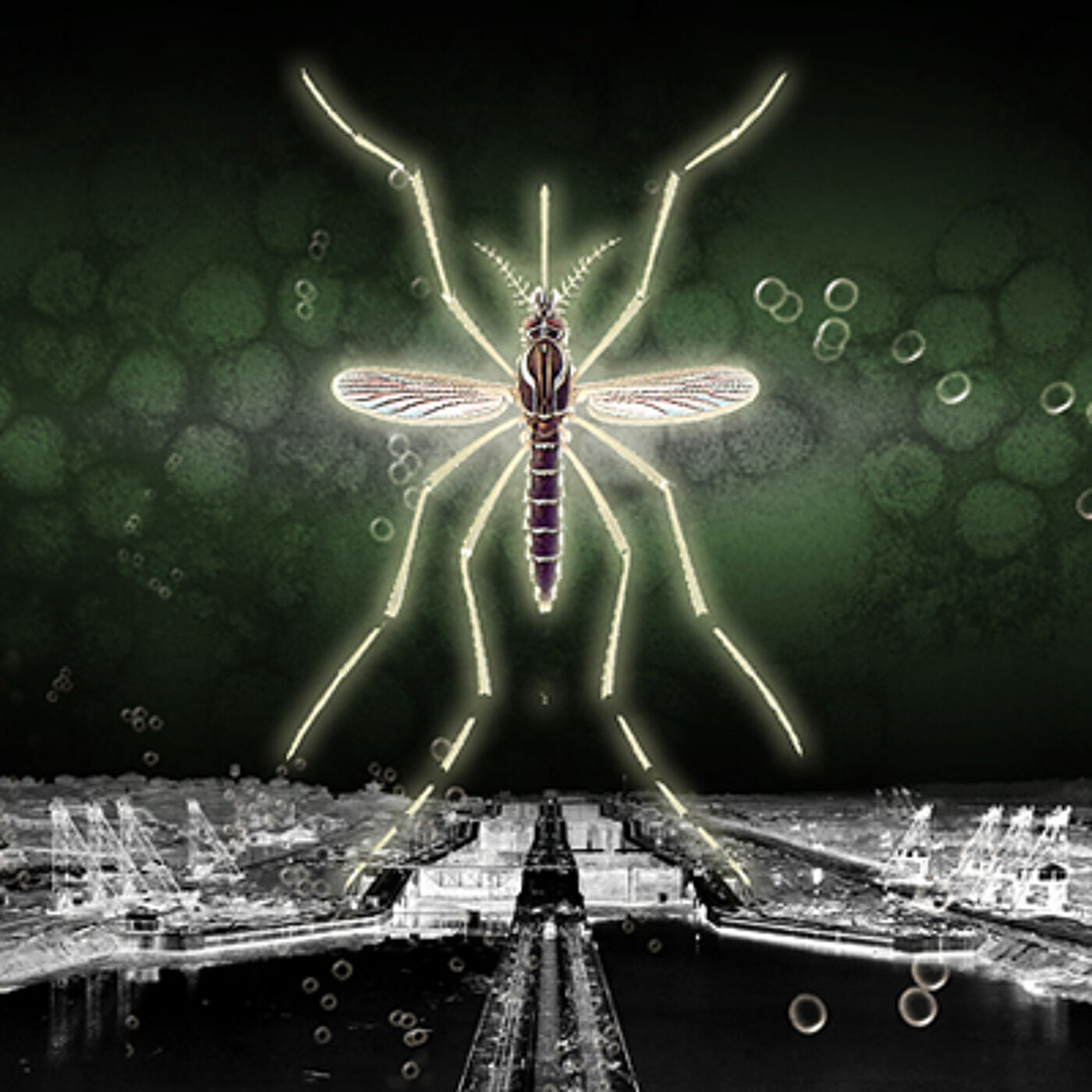Dengue virus
Dengue virus (DENV) is a mosquito-borne flavivirus, and the most important arbovirus worldwide. There are four distinct but related serotypes (DENV-1, DENV-2, DENV-3, DENV-4) which are principally spread by female Aedes aegypti mosquitoes, an insect which associates closely with humans. It is estimated that over 2.5 billion people (greater than 40 % of the world’s population) live in dengue-endemic areas in more than 100 countries worldwide, placing them at risk from dengue and severe dengue (dengue hemorrhagic fever and dengue toxic shock syndrome) infections, for which there is currently no vaccine or specific treatment. The emergence and recurrence of DENV has become more frequent with larger epidemics and more severe symptoms.
Research at the CVR focuses on the interactions between DENV and mosquito innate immune pathways, and the effects of Wolbachia symbionts on DENV transmission by Aedes mosquitoes, including field trials for DENV control.
Contact: Alain Kohl, Steve Sinkins
[Top]


